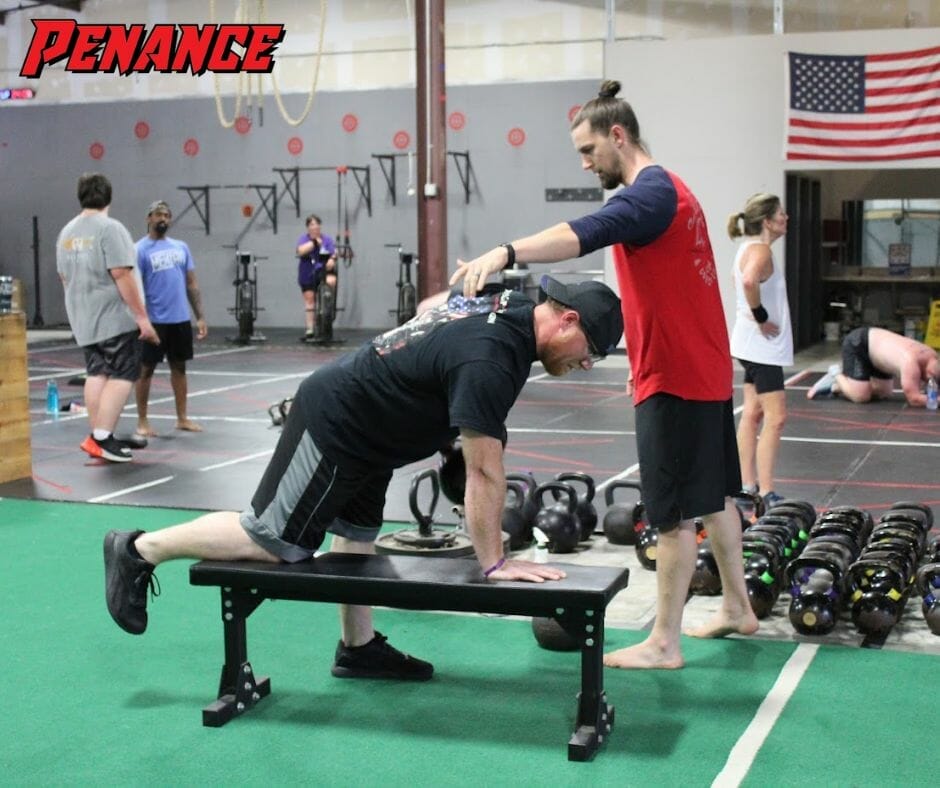“While it costs my boss “$X” to employ me, the value I bring to his organization is far greater than anything he can afford.”
Did that catch your attention?
‘Cuz I believe we’ve gotten the definitions for the two words “cost” and “value” mixed up. But, in that context, we can easily understand the difference between the two terms. The price my boss pays to me for the results I provide to him, benefits him. If the results he got from the work I provided didn’t move the needle on his business forward, he would stop paying me. I would lose my job.
Now, we’re going to apply this to hiring a professional service provider. And we’re going to use an example. Say . . . fitness coaching.
You need to do a few things before you hop on Facebook and start soliciting suggestions for a “local personal trainer who doesn’t cost an arm and a leg”, or Google “gyms near me”.
First, you need to define your goals. What, specifically, is this person going to help you achieve? Write them down. Be specific. The more specific, the better. Your goal could be wrestling alligators 15 feet in the air, it doesn’t matter. The more your potential coach knows about what you want, the better equipped they will be to help you.
Next, you need to define your budget. If access to a 24-hour facility was all you needed to be healthy, I wouldn’t have a job. You are paying for knowledge, time, and accountability. And those are the things that cost money. You need to know what you can reasonably afford. But don’t be surprised if you get a little sticker shock when that coach tells you how much his program costs. A quality program will cost more than you expect it to.
Then, you need to do your research. What are the QUALITIES you need your coach to have? (Do you want to be yelled at like a drill instructor?) What is the demographic you’re looking for? (Do you thrive in a competitive environment?) How are you going to fit this into your schedule? (What time are you going to do your workouts? Does the gym need to be closer to home, or closer to work?) Do you have any physical limitations? (Are there any old injuries we need to work around?) All of these things determine who the best coach will be for you.
Why is any of this important?
Because, first and foremost, the value you receive for the service he or she offers should be greater than the price you pay for it. So you need to have clear expectations around what you’re looking for as well as the results they’re going to help you achieve. Plus, just because someone is a fitness trainer, doesn’t mean they’re going to be the right fit for you, and vice versa. If you value a fun and relaxed environment from a positive and encouraging professional, the 5:30pm “Hardcore HIIT” class with loud music, growling classmates and screaming coaches probably isn’t for you.
So, what will help you determine the value of a coach or their program?
You’re going to take your list of goals, your expectations of the program and structure, and your budget restrictions with you when you schedule your meeting with them. And you’re going to use that information to interview the coach as well!
If the results of their clients do not meet what you’re trying to achieve, then they’re the wrong coach for you. If they do not meet your expectations for personality, availability and such, they are the wrong coach for you. You are paying this person to coach you, motivate you, and hold you accountable to your desired results.
And even though we’re talking about fitness, what we’re really talking about is your life. We’re talking about the number of days you have left and the quality of those days.
How do you want to live it? Sick? Tired? Grouchy? Worse?
How much is that worth to you?

